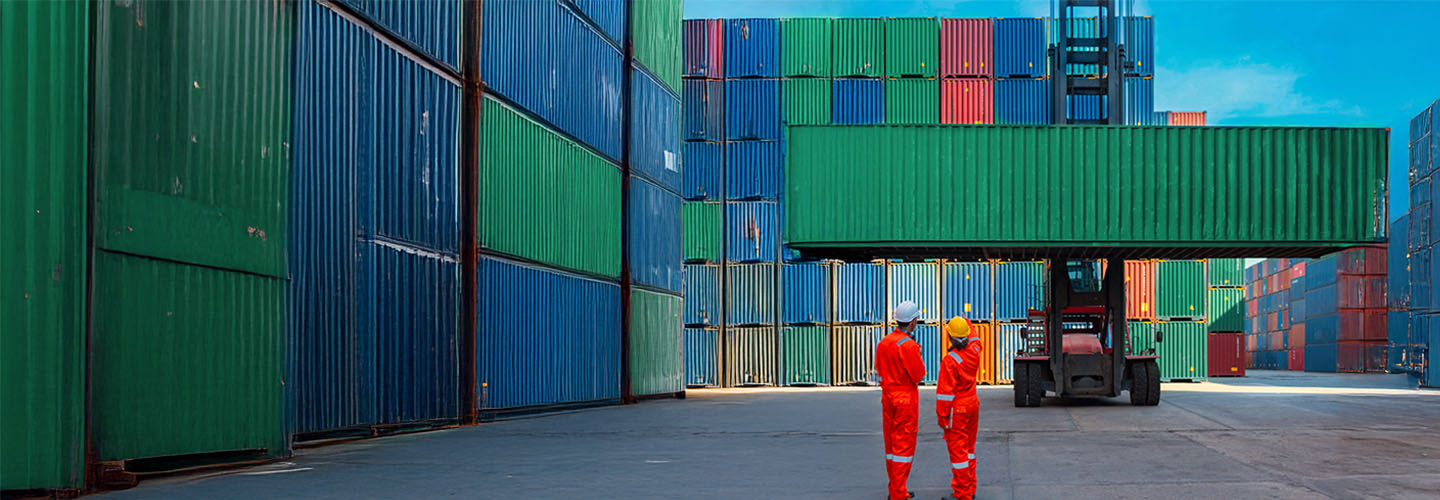You might be starting out on a savings and investment journey and deciding what to do with your money to help it grow. You may be in a small business dealing in imports or exports. Or you may be contemplating retirement and looking to maximise your investment returns from your pension or retirement annuity.
Wherever you are on that journey, the value of South Africa’s currency, the rand, will affect your savings and investments. The tricky thing for most of us is understanding how and why currencies can fluctuate in value, either up or down. What is behind the major changes in the value of the rand, and how can you respond to safeguard and maximise your investments?
What are currency fluctuations?
Currency fluctuations are an outcome of floating exchange rates, which are the norm for most major currencies and economies. A floating exchange rate means that various factors can affect the value of the currency, including national economic performance, interest rates, a country’s inflation rate outlook, and capital investment in the country by its government and domestic and foreign companies. The strength or weakness of the underlying economy in global markets typically determines a currency’s exchange rate, so it can fluctuate daily.
In our everyday lives, we don’t pay much attention to currency fluctuation and exchange rate changes. We do business every day in our domestic currency, and exchange rates usually matter only when we travel overseas, or when we want to receive or make international payments.
A weaker currency makes imports more expensive, but it boosts exports
However, although you might want the rand to be stronger when you travel to the US or the UK so that you can get more pounds or dollars for your rand, a stronger currency can make entire industries in SA less competitive, while a weaker currency can benefit export businesses. In the wider national economy, the value of our currency plays a role in the interest rate you pay on your home loan, the returns on your investment portfolio, the price of groceries at your local supermarket, and even your job prospects.
Impacts on your investments and savings
While you do need to consider the ways in which currency fluctuations can affect your retirement fund and other investments in SA carefully, there are upsides to currency fluctuation. Here are some tips to save and improve your investment position wisely, by considering fluctuating exchange rates:
- Diversification
It’s good practice for you or your investment adviser to diversify your savings across asset classes that include equities, bonds, property and even cash. Exchange rate movements within a well-diversified portfolio are beneficial as they help reduce the overall volatility of the portfolio.
- Foreign assets
You can get exposure to foreign currency markets as a private investor by investing in them directly, but the risks are the same, as they’re subject to the same currency fluctuations that affect the rand on the open market. Keep in mind that direct investment in foreign currency may have lower risk in terms of exchange controls, but also has different tax implications.
- Rand hedge stocks
These are shares in companies that earn a substantial percentage of their revenue in non-rand currencies and therefore hedge against any weakening of the rand. The JSE, for example, is made up of numerous companies in the mining, pharmaceutical and industrial sectors, all of which are dominated by offshore operations.
- Regulation
Recently, the South African Financial Sector Conduct Authority increased foreign investment limits from 40% to 45%, including a 10% allowance for investments made in the rest of Africa. This increase is good news if you are looking to diversify further from the South African market and gain additional exposure to foreign currencies. Keep in mind that investment exposure to currencies is a higher risk because of the fluctuations in the global currency markets.
Currency exchange rates
Our currency’s exchange rate has numerous effects on important aspects of our financial lives:
- Imports and exports
A weaker currency makes imports more expensive, but it boosts exports by making them cheaper for overseas customers to buy. The weakness or strength of the currency will contribute to our trade deficit or trade surplus over time.
- Capital flows
A country needs a relatively stable currency to attract capital from foreign investors. Otherwise, the prospect of currency depreciation causing exchange rate losses may deter overseas investors. Capital flows into the country can come from foreign direct investment, which involves investors buying into existing companies or starting new ones in our market. There is also foreign portfolio investment, in which foreigners buy and sell stocks and shares in the South African market.
The buying and selling of currencies on global stock exchanges as financial assets are a further complication
- Inflation
A weaker currency can result in inflation for countries that rely heavily on imports, like SA.
- Interest rates
Exchange rates are an important consideration for most central banks when setting monetary policy – that is, whether to increase or decrease interest rates.
Currency fluctuation and your business
If your business receives income from overseas, imports or exports goods or services, pays overseas invoices, or otherwise interacts with foreign currencies, you will be affected by exchange rate movements.
A weaker rand will have the following potential effects on your business:
- If you import goods, it may reduce your profitability.
- It may make domestically produced goods more competitive with imported products.
- It will increase the cost of servicing foreign currency debt.
- It will improve exporter competitiveness.
- It can make a business a more attractive investment proposition for foreign investors.
- It can increase the costs of investing in overseas business operations.
On the other hand, a stronger currency may result in the following:
- It will make exports less competitive, reducing exporter profitability.
- It may decrease the value of your investment in foreign subsidiaries and monetary assets.
- It will reduce foreign currency income from your investments.
- It will reduce the cost of foreign raw materials, giving you a competitive advantage if you import.
- It may make a business less attractive to foreign investors.
A set of familiar structural problems facing the local economy – including challenges in the supply of electricity and water, unemployment, and public sector decline – is the main factor behind the persistent weakness of the rand against major currencies. Perceived political instability and poor economic performance can reduce investor confidence, which in turn leads foreign investors to seek out stable countries with strong economic performance.
The buying and selling of currencies on global stock exchanges as financial assets are a further complication to currency fluctuation that has been in the news recently. Currencies are bought and sold like any other asset, and this can encourage stock traders to buy or sell a currency speculatively to manipulate the price, which has a noticeable effect on exchange rates.
Understanding currency fluctuations is complex, whether from the perspective of a personal investment or a small business with import and export operations. Make it easier by consulting our experts.








